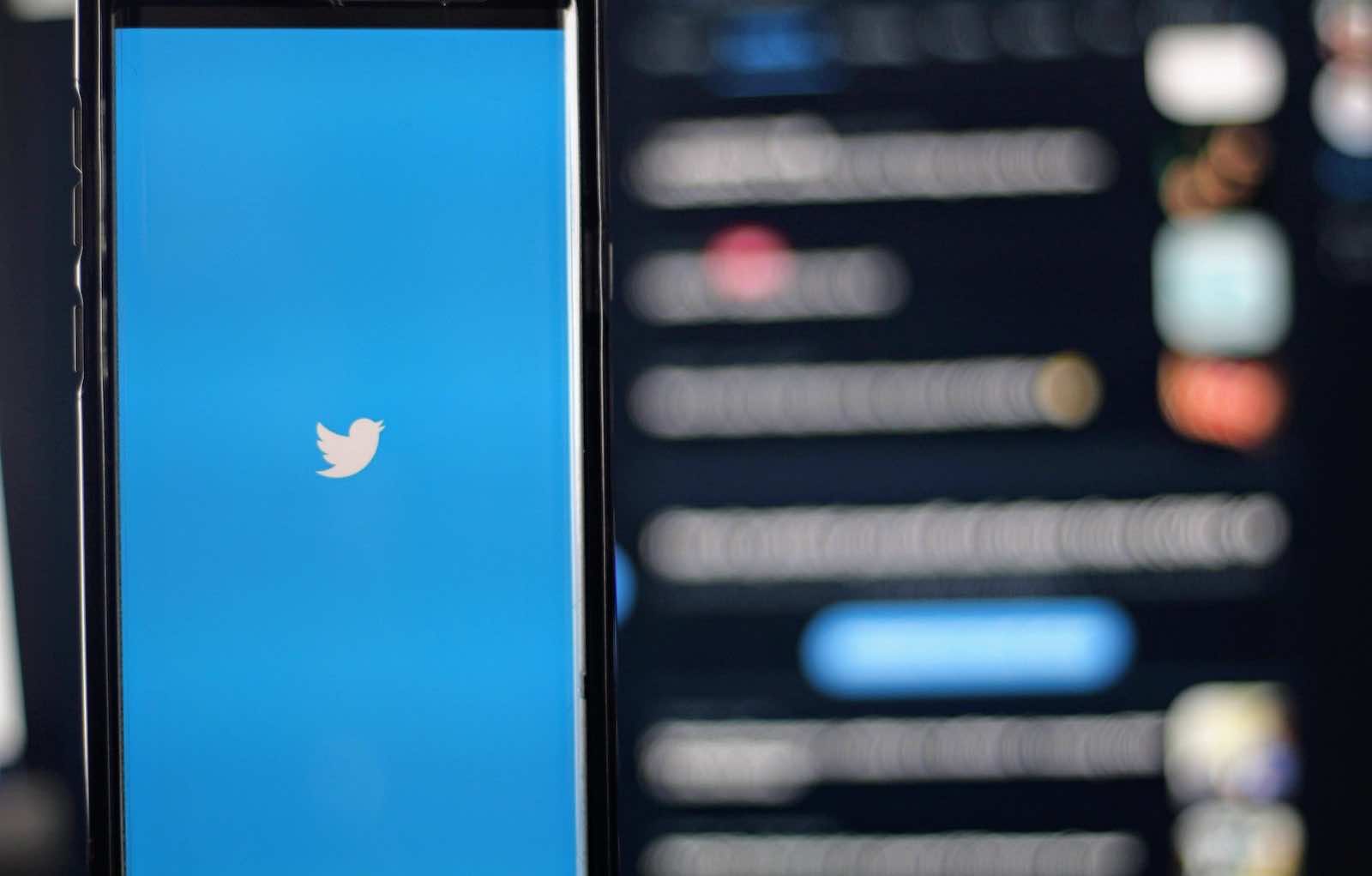


A meeting involving Air India and Vistara was held this Tuesday evening, with the Union Ministry of Electronics and Information Technology reprimanding social media platform X for circulating bomb threat hoaxes. The ministry also advised social media platforms to use AI-based mechanisms to block any accounts sending out bulk messages about bombs. Over the past eight days, more than 170 flights operated by Indian carriers have received bomb threats, prompting authorities to urge social media platforms to take immediate action.
Indian Airlines Facing Surge in Bomb Threats
In recent weeks, Indian airlines have been plagued by a spate of bomb threats, creating a major security concern. The situation has prompted intervention from the Union Ministry of Electronics and Information Technology, which has reprimanded social media platform X for its role in spreading hoaxes.
Background:
The wave of bomb threats began around eight days ago, with over 170 flights operated by Indian carriers being targeted. The threats have been communicated primarily through social media, with bulk messages being sent out by unknown individuals. These messages have created panic and disruption, leading to delays and cancellations of flights.
Government Response:
The government has taken a serious view of the situation. The Union Ministry of Electronics and Information Technology has issued a reprimand to social media platform X for its role in circulating the bomb threat hoaxes. The ministry has also urged social media platforms to implement AI-based mechanisms to block any accounts sending out bulk messages about bombs.
Consequences for Social Media Platforms:
The ministry's reprimand could have significant consequences for social media platforms. If they fail to comply with the government's directive, they may face legal action or even a ban in India. This could have a major impact on their operations and revenue.
Top 5 FAQs Related to Indian Airlines Bomb Threats
1. What is the current status of the bomb threats?
As of the latest information, over 170 flights operated by Indian carriers have received bomb threats in the past eight days.
2. Which airlines have been affected?
All major Indian airlines, including Air India, Vistara, IndiGo, and SpiceJet, have reported receiving bomb threats.
3. How are the threats being communicated?
The threats are primarily being communicated through social media, with bulk messages being sent out by unknown individuals.
4. What is the government doing to address the situation?
The government has reprimanded social media platform X and urged all platforms to implement AI-based mechanisms to block bomb threat hoaxes.
5. Is it safe to fly in India?
Despite the bomb threats, authorities have assured that all necessary security measures are in place. However, passengers are advised to remain vigilant and report any suspicious activity to airline staff.

The Social Security Administration recently released updates for 2026, including a potential 2.7% increase to benefits. However, the official announcement of the cost-of-living adjustment (COLA) could be delayed due to the government shutdown. While an increased COLA is positive for beneficiaries, some argue that it still may not keep up with the rising cost of living. Additionally, beneficiaries who currently receive physical paper checks will need to make arrangements for direct deposit or a Direct Express card to continue receiving their benefits.

The Indian government has given its approval for the formation of the 8th Central Pay Commission, which will be tasked with assessing and making recommendations around pay, benefits, and working conditions for over 1.2 crore central government employees and pensioners. The Commission, which will have a chairperson, a part-time member, and a member-secretary, will have 18 months to complete its work and will also look at emolument structures and conditions in the private sector and CPSUs. The recommendations are expected to be implemented from January 1, 2026.

Prime Minister Narendra Modi launched the Gyan Bharatam Portal, dedicated to preserving and promoting India’s vast and unique manuscript heritage. Speaking at the Gyan Bharatam International Conference, PM Modi emphasized the importance of preserving India’s knowledge legacy and adapting to changing times. He also highlighted how the ancient manuscripts reflect India’s diverse cultural heritage and contribute to humanity’s progress in various fields.

The Bharat International Rice Conference (BIRC) 2025, organized in New Delhi, has gathered delegates from over 80 nations, aiming to boost India's rice export share from 40% to 60%. IREF National President Prem Garg highlighted the need for increased export to benefit Indian farmers and declared the rice industry to be self-sufficient. The event, with participation from farmers, diplomats, and exporters, also emphasizes on banning pesticides and government support with ports and logistics to further boost the industry.

Prime Minister Narendra Modi's announcement, coinciding with the 150th birth anniversary of Sardar Vallabhbhai Patel, to showcase only indigenous Indian dog breeds at the upcoming National Unity Day Parade highlights the country's reliance on self-sustained K9 forces. The Ekta Diwas Samaroh celebrated India's diversity and unity, while PM Modi emphasized the significant role of indigenous dog breeds in Indian military and cultural traditions. With the current population of 150 Indian breeds deployed in strategic areas, the initiative, which gained momentum after PM Modi's visit to the BSF National Dog Training Centre in 2018, showcases the agility, stamina, and adaptability of these breeds in diverse terrains and climates.

A young Australian expressed their difficulty in managing their finances and confessed to spending a whopping $994 on eating out in a month. Seeking advice from Reddit users, they revealed a pricey morning routine that contributed to their high expenses. Despite also spending on family meals, the important takeaway is that they acknowledged the need for budgeting and were open to learning from others' financial wisdom.

Nvidia, the Silicon Valley titan, has broken yet another market record by becoming the first company to reach a staggering $5 trillion valuation. The remarkable achievement highlights the profound impact of the company's AI chips in driving the ongoing AI revolution. However, concerns have been raised about inflated tech valuations, with the IMF warning of a possible "AI bubble." As Nvidia continues to expand globally and diversify its offerings, it remains to be seen if it can sustain its unprecedented growth.

The Federal Reserve announced a quarter point rate cut, bringing the benchmark interest rate down to a range of 3.75% to 4%. While some economists predict another cut in December, Federal Reserve Chair Jerome Powell stated that a third consecutive reduction is not guaranteed. The decision was made amid the ongoing government shutdown, causing policymakers to rely on private sector indicators for their decision. This move signals the Fed's greater concern about a cooling job market than lingering inflation. With 10 out of 12 members voting in favor of the action, the outcome of the meeting showcased deep division.

Father Muller Charitable Institutions, led by director Fr Faustine Lucas Lobo, has taken a big step towards progress and excellence by inaugurating and blessing four modern classrooms for the students of Father Muller College of Physiotherapy and Father Muller College of Allied Health Sciences. The ceremony, attended by management committee members, faculty, and staff, also saw the presence of respected individuals like Dr Michael Santhumayor and Fr George Jeevan Sequeira. These new additions are a testament to FMCI's commitment to providing top-quality education to its students.

The US Federal Reserve made the decision to reduce its key interest rates for the second time in a row, bringing it down to 3.75%-4.00%. The rate cut was approved by a 10-2 majority vote, with two dissenters who wanted a steeper cut or no cut at all. The Fed also announced that it will stop the reduction of its asset holdings from December 1, but did not provide any indication of its plans for the next meeting in December.